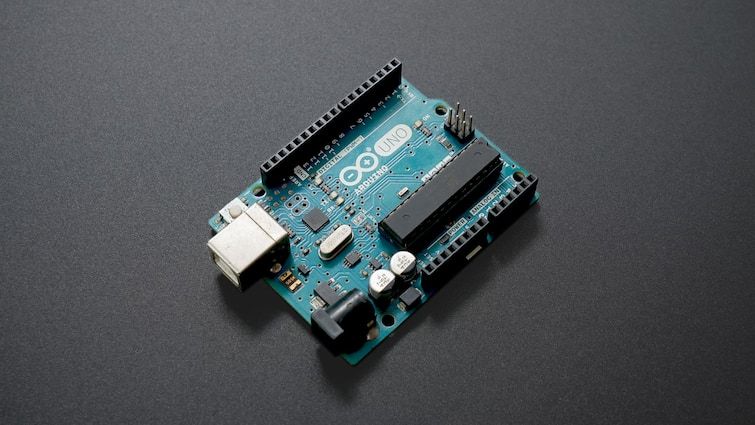TSMC Halts Production of Advanced AI Chips for Chinese Clients Amid US-China Tech Tensions

Hsinchu, Taiwan - In a significant development reflecting the escalating technological rivalry between the US and China, Taiwan Semiconductor Manufacturing Company (TSMC), the world’s leading contract chipmaker, has reportedly decided to cease production of its most advanced AI chips for Chinese companies. According to a Financial Times report, TSMC has informed its Chinese customers that it will stop manufacturing AI chips using process nodes smaller than 7 nanometres starting Monday.
The decision comes as part of broader US efforts to restrict China's access to cutting-edge technology, particularly in the realm of artificial intelligence. The US has imposed various restrictions aimed at preventing the export of high-performance GPU chips, essential for AI development, to China. These measures are driven by concerns that such technology could be used by China for potentially harmful applications like bioweapons development or cyber warfare.
This move by TSMC aligns with a recent US sanction where GlobalFoundries, another semiconductor giant, was fined $500,000 for unauthorized chip shipments to a blacklisted Chinese chipmaker, SMIC. Future shipments of TSMC's advanced AI chips to China are likely to require explicit US government approval, complicating the already intricate global semiconductor supply chain.
In response to inquiries, TSMC stated, "TSMC does not comment on market rumors. TSMC is a law-abiding company and we are committed to complying with all applicable rules and regulations, including applicable export controls."
The backdrop to this decision includes an ongoing investigation by the US Department of Commerce into how a TSMC-manufactured chip ended up in a Huawei product, despite the sanctions against the Chinese tech firm.
The cessation of TSMC's production for Chinese AI chip markets not only signals a tightening of US export controls but also underscores the geopolitical tensions influencing global tech industries. As the situation evolves, the implications for AI development, international trade, and technological sovereignty continue to unfold.
